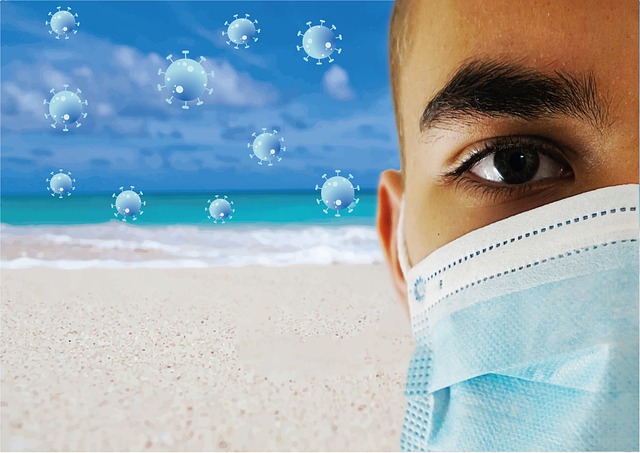Alcohol, social distancing top concerns for spring break
Pixabay photo by Alexandra Koch
Two wellness experts advise students to stay safe during spring break celebrations.
March 19, 2021
Moderating alcohol consumption and careful social distancing could keep students safe over spring break, a pair of campus wellness specialists advised students on Wednesday.
Human services student Cynthia Tawney, a peer student leader for the college’s alcohol and sexual violence prevention program, said drinking water in between each serving of alcohol can prevent hangovers.
In a Health and Wellness Center virtual workshop on spring break safety, Tawney also told students to eat food before, during and after consuming alcohol—and to keep track of how much they drink.
“When you say, ‘Oh yeah, I want to do a shot with my friend’ at the bar, your bartenders are going to give you more bang for your buck, but they’re also not going to watch how much you are consuming,” Tawney said. “[Your bartenders] are not going to be in control of what you’re drinking. Only you can watch how much you are drinking.”
According to Tawney, the serving size of a drink varies for each type of alcohol.
A 12-ounce serving of beer is standard, she said, but for wine, it’s 5 ounces and for liquor, it’s 1.5 ounces.
She said serving sizes vary depending on who pours.
Women’s bodies take longer to metabolize alcohol than men’s, Tawney said. And beer metabolizes quicker than shots.
Drinking too much isn’t the only concern for students this spring break, according to another speaker, registered nurse Stephanie Jenkins.
Jenkins reassured students that while COVID spreads mostly through coughing, sneezing, talking and laughing, “there is no evidence that COVID is spread through water,” so it is safe to go to the beach or a pool—but social distancing is still important.
Jenkins recommended that students should wear their masks, even to the beach or pool, except when they’re in the water.
She also advises the audience to stay six feet away from others, to bring and use hand sanitizer containing at least 60% alcohol, and to avoid sharing food or utensils except with the people they live with.
And, she said, people who are sick should stay home.
“Stay home if you’re sick or you’re not feeling well. Don’t go out,” Jenkins said. “When you are eligible to get your COVID vaccine, get [it].”
Jenkins also recommended outdoor dining for those who plan to eat in restaurants during spring break.
“Try to stay outdoors as much as possible, but avoid crowds,” Jenkins said.












